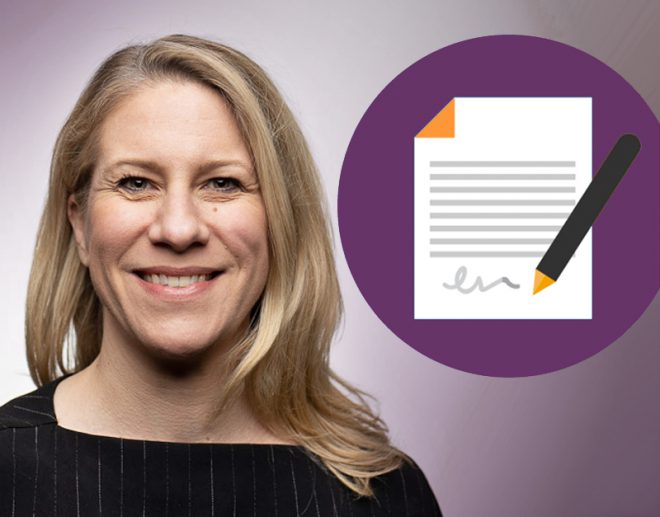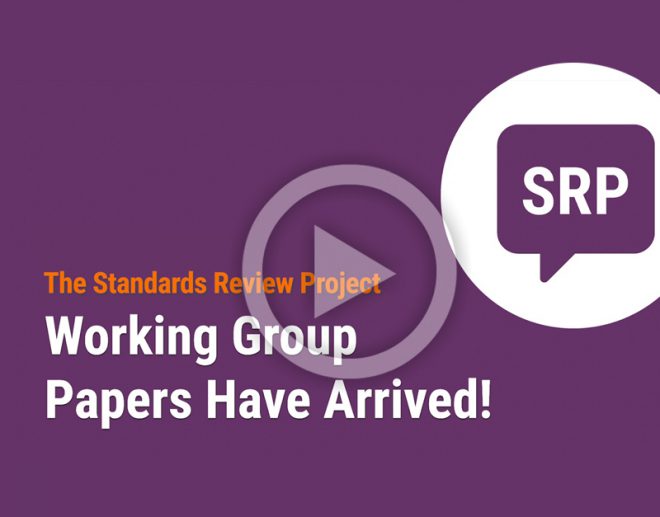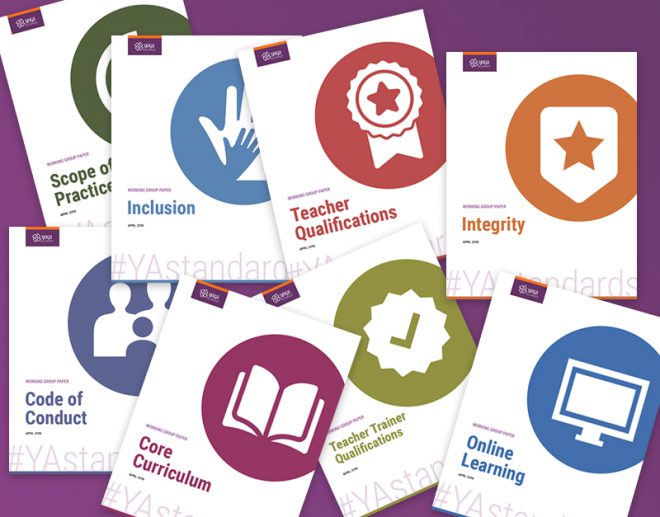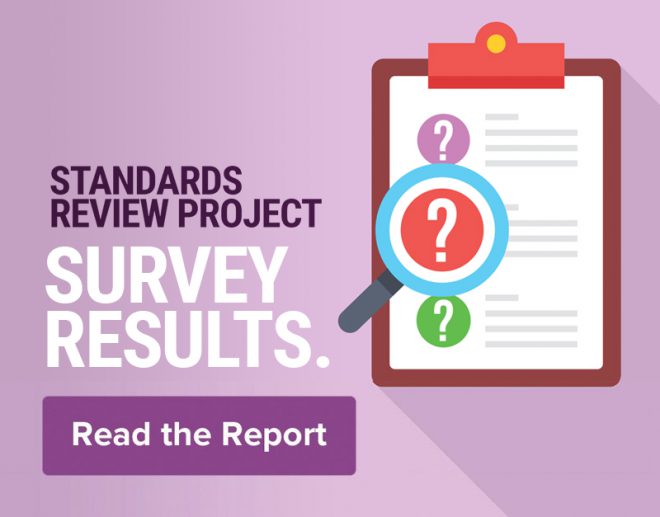
At Yoga Alliance, our role is to support and serve the yoga community, including yoga teachers, schools, studios, practitioners, and the public — members and non-members alike. Every day, we do this through education, advocacy, benefits, and credentialing (standards) as well as through the Yoga Alliance Foundation, which is dedicated to bringing yoga to underserved populations. As part of our organizational dharma, both in our founding and today, we took on the responsibility to set, maintain, and uphold yoga teaching standards, which are now widely adopted and recognized throughout the world. As such, we undertook a comprehensive review of our standards to date, entering into an almost 18-month period of self and public study, to ensure that our standards represent the rapidly changing world around us and in which we live.
Yoga Alliance committed itself to evaluating its standards in a way that honored stability while also creating space for innovation. We invited the entire yoga community in an open, inclusive, and transparent manner that demonstrated a new level of engagement within our field. We conducted what was one of the largest, if not the largest, comprehensive surveys of yoga professionals and practitioners to date, we went on a multi-country listening tour, we hosted several global virtual town halls, and we reviewed thousands of emails. We also recruited more than one hundred thought leaders in yoga to form eight working groups that debated eight key areas of inquiry and provided recommendations from their in-depth conversations that spanned months.
Resoundingly, we heard that there is a need for a clear position on the appropriate scope for yoga teachers as well as best practices related to ethical conduct. Though yoga is a healing balm for millions worldwide, it is not exempt from stories of unethical practices and misconduct. Therefore, in addition to basic competency standards, an enforceable Scope of Practice and Code of Conduct are needed to clarify appropriate boundaries for teachers as is accountability that is enforceable.
We also heard that the yoga community wants us to ensure that the credentials hold value and are upheld. Yoga Alliance is in a unique position to offer important resources and guidelines based on a wealth of history and knowledge from the many diverse lineages it represents. We look to help everyone grow in this advanced and sophisticated era in which we live. We will continue to encourage and embrace the freedom that yoga teachers have to teach their own style based on lineage, tradition, or philosophy, and we will do so in a way that elevates quality, safety, inclusivity, diversity, accessibility, sensitivity, and ethics in yoga education.
We are grateful for the service you offer humanity through the teaching of yoga.
Thank you for your skill, compassion, and wisdom.




